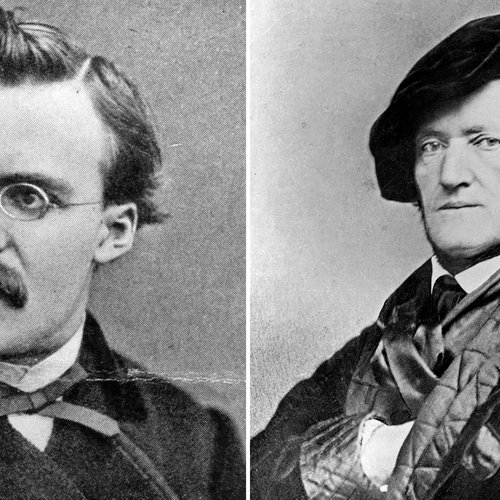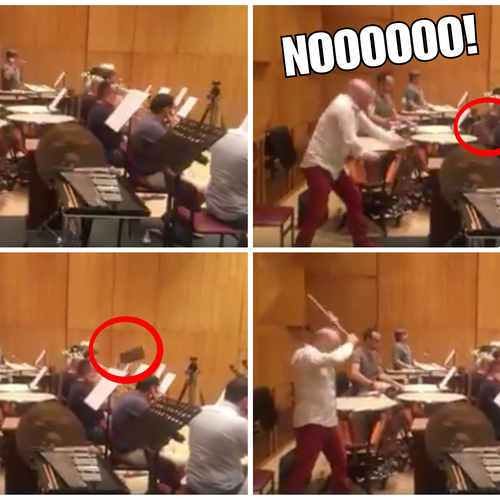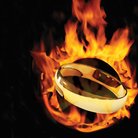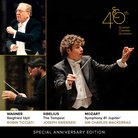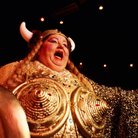Wagner, Booze And Song
When Wagner went to the pub and begged a fellow drinker to sing, little did he realise what trouble he’d cause...
“Whatever happens, speak in an Italian accent…” Wolfram clearly had a plan. The young Richard Wagner was in Nuremberg visiting relatives and his brother-in-law Wolfram took him for a night on the town. They were in a tavern known for its rowdy impromptu music but nobody was singing yet.
So they approached Herr Lauermann, a regular at the tavern who could usually be relied on to start up a song. The trouble was Lauermann was a terrible singer, but thought himself highly gifted. His songs were often greeted with jeers and catcalls, and the risk of such a humiliating reception meant that he usually needed to be persuaded or tricked into performing.
Wolfram introduced Wagner, describing him as Signore LaBlache. The story was that Lablache was a famous Italian singer paying a brief visit to Bavaria. Perhaps the great Italian maestro could be treated to a brief rendition from Herr Lauermann?
It worked a treat. Lauermann launched into one of his painfully tuneless ballads and the whole tavern fell about laughing. It was already late and the drink had been flowing freely, lubricating the crowd and bolstering Lauermann’s confidence.
Despite the jeers he sang on, pausing only briefly between songs to swig his beer. Eventually the landlord realised how drunk the singer had become and demanded he leave. But the crowd wanted to hear more, so they bundled Lauermann into a wheelbarrow and set out for his house.
Frau Lauermann opened the door to a familiar scene: her husband returning from the pub semi-conscious in a wheelbarrow, being pushed by a jeering mob. This wasn’t the first time it had happened, and she was losing her patience. She grabbed her husband and dragged him into the house, then began furiously lecturing the crowd.
There was nothing for it but to return to the tavern, but the landlord was locking up and wouldn’t let them in. An angry dispute erupted, which soon turned into a street brawl. Wagner and Wolfram decided they should go, but couldn’t escape for the mayhem that now filled the streets.
Eventually a friend of the landlord, a former boxer, came to sort things out. He approached one of the loudest demonstrators and punched him square in the face. As soon as his victim hit the floor, the rest of the crowd realised they could be next. The mob instantly evaporated, with people running off in all directions.
At last Wagner and Wolfram were able to escape. They staggered home through the now eerily quiet streets, Wagner considering how he could incorporate the events of the evening into an opera.
Many years later they would become the basis for the Act 2 Finale of Die Meistersinger von Nürnberg. When he mentioned the idea to Wolfram, he was surprised at the response: “What you saw this evening was nothing. That sort of thing happens in Nuremberg every night!”


